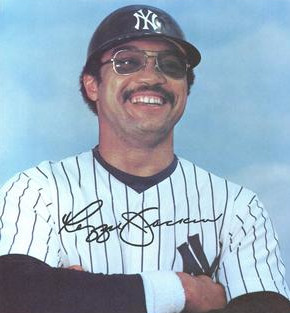A Quote by Paul Kantner
You couldn't have fed the '50s into a computer and come out with the '60s.
Related Quotes
When I see an old movie, like from the ’40s or ’50s or ’60s, the people look so calm. They don’t have smartphones, they’re not looking at computer screens, they’re taking their time. They’ll sit in a chair and just stare off into space. I think some day we’ll find our way back to that garden of Eden.
If you need to do a movie where you have an army of 10,000 soldiers, that's a very difficult thing to shoot for real. It's very expensive, but as computer graphics techniques make that cheaper, it'll be more possible to make pictures on an epic scale, which we haven't really seen since the '50s and '60s.
It was good to launch the economy in the '50s. Japan did this; China did this; even South Korea did this. All the East Asians did this - import substitution. I think all countries followed import substitution in the '50s and in the '60s, but I think by the '70s, countries were getting out of that first phase of the strategy.
How do we fill the need for technology workers, people who have computer skills and math and science skills? How do we get a more diverse science workforce? These are all issues - I would look at these documents that were from the '50s and '60s and '70s, and you'd swear they were written two weeks ago because the issues are the same.




































